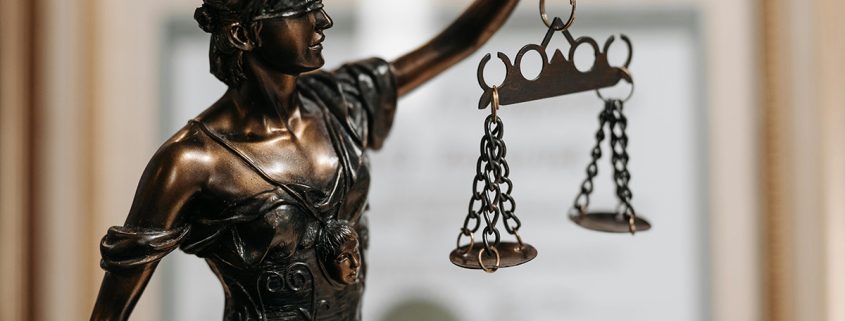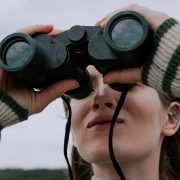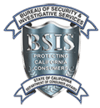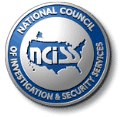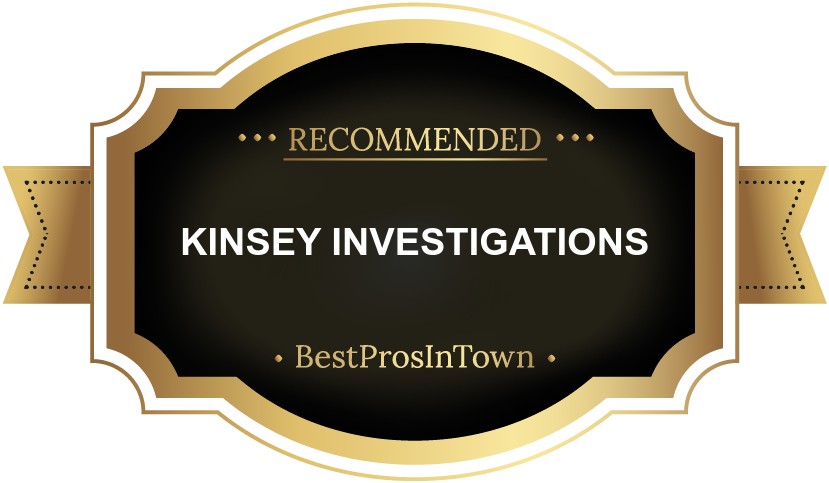The Legal Boundaries of Private Investigation
Private investigators play a critical role in uncovering truths, resolving mysteries, and bringing clarity to complex situations. Whether it’s for personal, legal, or corporate matters, hiring a private investigator can be instrumental in achieving the desired outcome. However, despite their specialized skills and tools, private investigators must operate within specific legal frameworks. Failure to do so is not only dangerous, but it puts the entire investigation at risk. Understanding these legal boundaries is crucial for both clients and investigators alike. In order to stand in court, information must be legally and responsibly obtained. At Los Angeles-based Kinsey Investigations, adherence to legal and ethical standards is a cornerstone of our work. Here, we’ll explore the legal limits of private investigation and how they ensure integrity and accountability in the field.
The Scope of Private Investigation

Private investigators are licensed professionals with expertise in gathering information, conducting surveillance, and uncovering evidence. Their services are often sought for a variety of reasons, including:
- Locating missing persons
- Conducting background checks
- Investigating insurance fraud
- Gathering evidence for legal cases, such as divorce or custody disputes
- Monitoring employee conduct in corporate settings
While these tasks are diverse, private investigators are not above the law. They must respect federal, state, and local regulations while conducting their investigations.
Licensing and Regulation
In most states, including California, private detectives are required to obtain a license. This licensing process often involves background checks, education or training in criminal justice or related fields, and proof of relevant experience. Licensing ensures that private investigators are qualified and held accountable for their actions.
California’s Bureau of Security and Investigative Services (BSIS) oversees private investigator licensing. To qualify, applicants must:
- Be at least 18 years old
- Pass a criminal background check
- Have at least three years (6,000 hours) of investigative experience or equivalent education
- Pass a written examination
Licensed investigators must adhere to strict ethical guidelines and avoid activities that could jeopardize their credentials.
Privacy Laws and Limitations
One of the most critical legal boundaries for private investigators involves privacy laws. Investigators must balance their efforts to uncover information with an individual’s right to privacy. Violating these laws can result in severe penalties, including legal action against both the investigator and their client. Key privacy-related restrictions include:
- Wiretapping and Recording: Private investigators cannot intercept phone calls or electronic communications without consent. California law specifically requires all parties to consent to the recording of private conversations.
- Trespassing: Investigators cannot enter private property without permission. Surveillance must be conducted from public spaces or areas where consent has been granted.
- Accessing Private Records: Investigators cannot access private financial, medical, or other protected records without authorization. This includes hacking into accounts or databases.
- GPS Tracking: Using GPS devices to track someone’s movements without their consent is illegal in many circumstances. Exceptions may exist for vehicles owned by the client.
Ethical Considerations in Surveillance
Surveillance is a cornerstone of private investigation, but it’s also an area fraught with potential legal and ethical pitfalls. While it’s legal to observe and document activities in public spaces, private investigators must ensure their methods are non-invasive and respect individuals’ rights.
At Kinsey Investigations, we emphasize transparency and accountability. Our investigators are trained to recognize the difference between legitimate surveillance and harassment or stalking, which are unequivocally illegal. Ethical surveillance involves:
- Remaining discreet and unobtrusive
- Avoiding prolonged or excessive monitoring
- Refraining from following individuals into private spaces
Admissibility of Evidence in Court
A significant portion of a private investigator’s work involves gathering evidence for use in legal proceedings. However, evidence obtained illegally or unethically is often inadmissible in court. For instance, photographs taken while trespassing or recordings made without consent cannot be used to support a legal case. This highlights the importance of hiring a licensed and reputable agency like Kinsey Investigations, where all evidence is collected in strict compliance with the law.
Collaboration with Law Enforcement
Private investigators are not law enforcement officers and do not have the same powers or authority. However, they can work closely with law enforcement agencies by providing information or evidence that supports an investigation. For instance, a private investigator may uncover critical details about a suspect or locate a missing person, which law enforcement can then act upon. Clear communication and adherence to legal protocols are essential in these collaborations.
Ethical Responsibilities to Clients

In addition to legal obligations, private investigators have ethical responsibilities to their clients. These include:
- Confidentiality: Maintaining the privacy of client information is paramount. Disclosing sensitive details without permission can damage trust and result in legal consequences.
- Honesty: Providing accurate and truthful information is a fundamental ethical requirement. Fabricating evidence or misrepresenting findings is not only unethical but also illegal.
- Avoiding Conflicts of Interest: Investigators must disclose any potential conflicts of interest and refrain from taking on cases where impartiality cannot be maintained.
Why Choose a Woman-Owned Agency Like Kinsey Investigations
At Kinsey Investigations, we bring a unique perspective to the field of private investigation. As a woman-owned agency, we pride ourselves on empathy, discretion, and a commitment to upholding the highest standards of professionalism. Our team understands the importance of trust and integrity, particularly when dealing with sensitive matters such as family disputes, infidelity investigations, or workplace issues.
The legal boundaries of private investigation are in place to protect the rights of all parties involved and ensure that investigators operate with integrity and accountability. By working with a licensed, experienced, and ethical agency like Kinsey Investigations, clients can achieve their investigative goals while staying within the confines of the law. If you’re in need of reliable and professional investigative services in Los Angeles, contact Kinsey Investigations today. We’re here to help you uncover the truth while respecting the rights and privacy of everyone involved.

